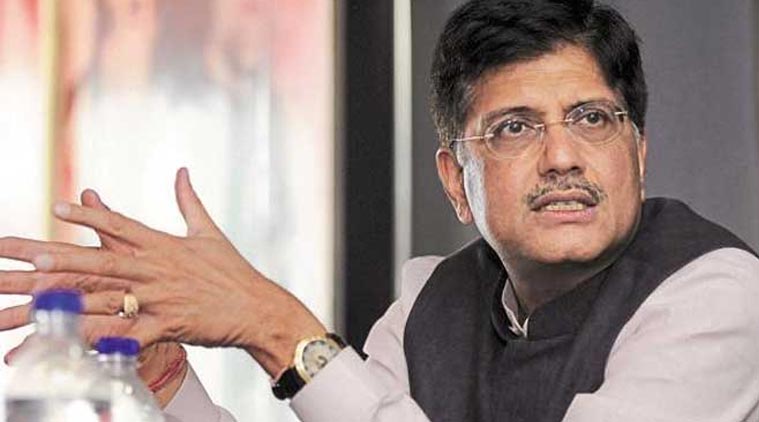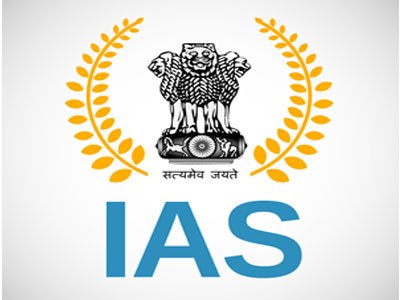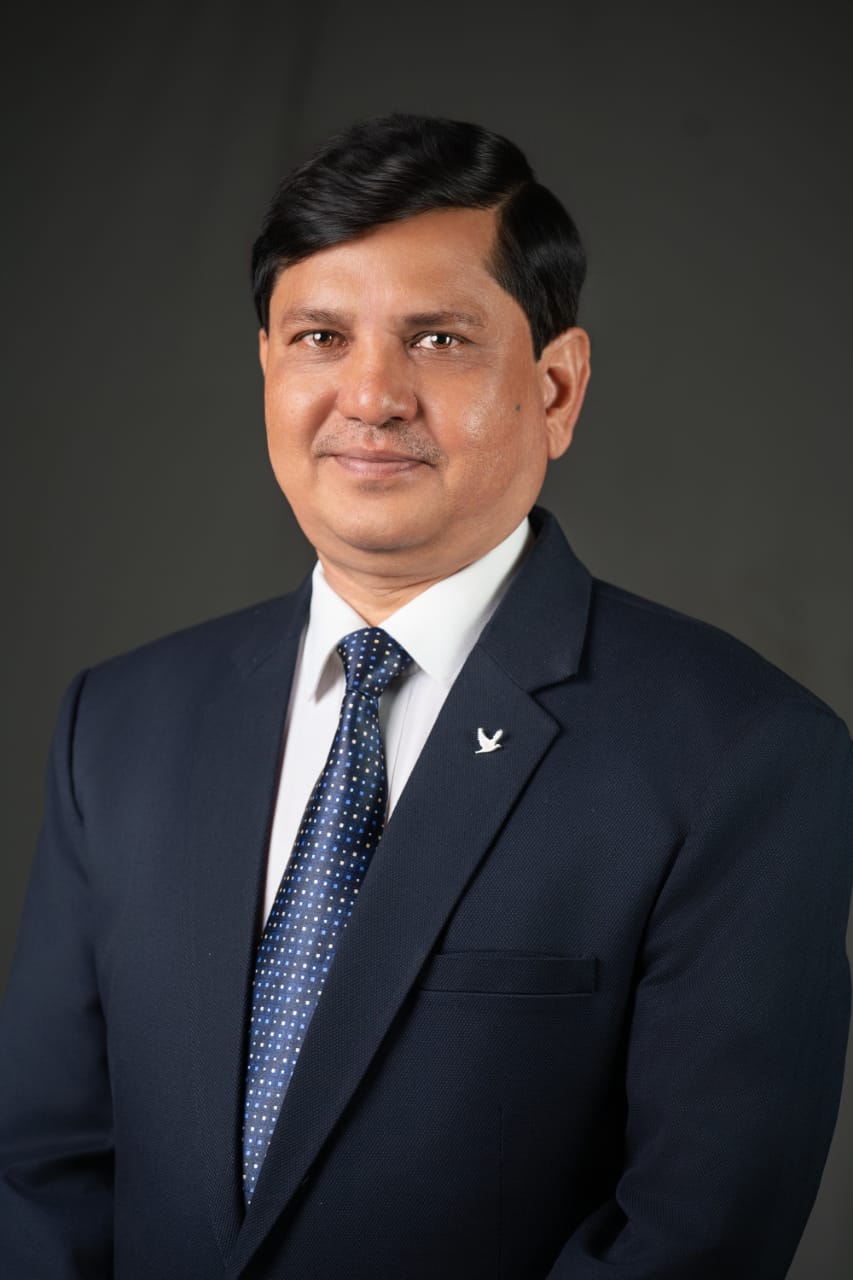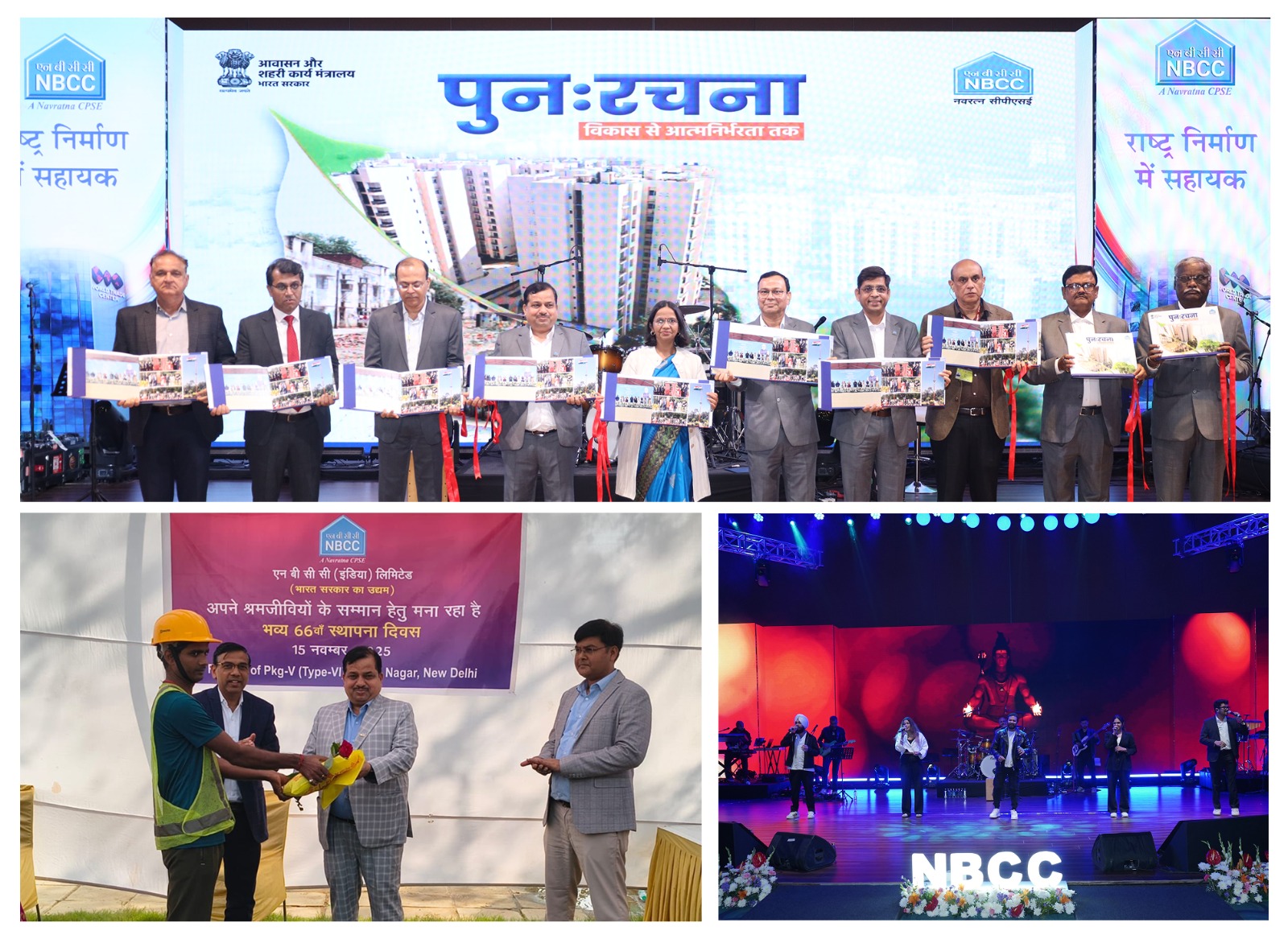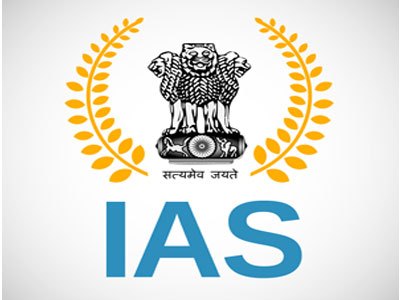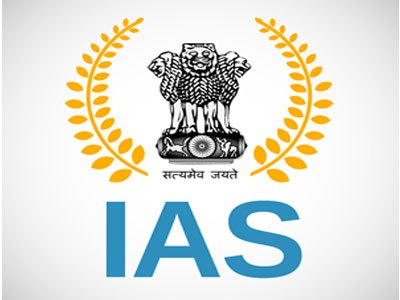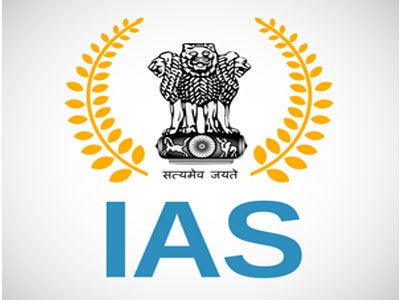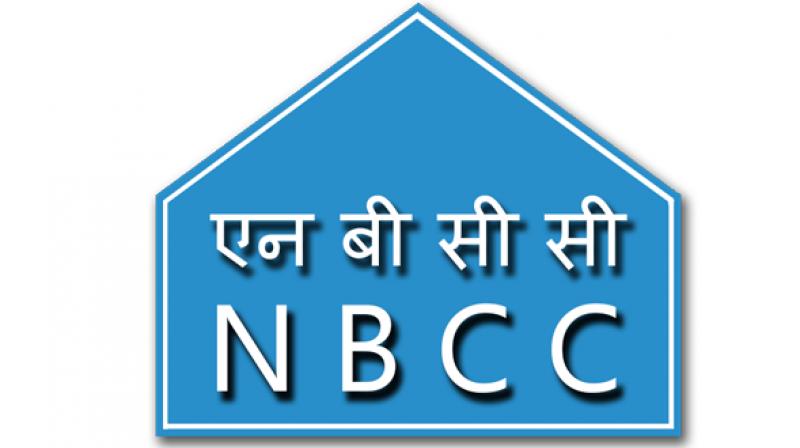Piyush Goyal at CII Annual Business Summit 2025 today in New Delhi.
On India’s economic trajectory, Shri Goyal stated that the country has maintained sustained growth of 6–7% and hopes to push it to 8% at constant prices. “Even amidst international upheavals, we are among the better-performing emerging markets. Today, India holds the 4th largest foreign exchange reserves in the world at about 690 billion dollars. Our inflation has remained below 4% for the last three months. The Reserve Bank has done a commendable job balancing liquidity and currency management,” he said.
Shri Goyal highlighted India as an attractive investment destination. “Over the past 20–25 years, Indian companies have delivered nearly 20% CAGR returns, making India a compulsive investment destination. FDI inflows are consistently breaking records. We are back on track on the growth trajectory, working through international trading relations,” he added.
He cited progress on various Free Trade Agreements (FTAs), including those with the UAE, Australia, the UK, the four EFTA countries (Iceland, Liechtenstein, Norway, and Switzerland), and the ongoing bilateral trade agreement negotiations with the USA. “We are well on track with our bilateral trade agreement with the USA and making fast progress with the European Union’s 27-nation bloc. We have also launched negotiations with New Zealand,” he stated.
The EFTA countries have committed $100 billion in Foreign Direct Investment (FDI) to India over the next 15 years. This is expected to crystallise into a total investment of $500 billion. Furthermore, the large ecosystem that will be created around this investment has the potential to attract an additional $500 billion. “We are not aiming small,” said Shri Goyal, emphasising that this figure does not include investments from the Norwegian Pension Fund and represents pure FDI. He further highlighted that this is the first Free Trade Agreement (FTA) in the world to include such a forward-looking investment clause.
Shri Goyal expressed pride at India’s continued economic progress and stated that the IMF has projected that by 2027, India will be the world’s third largest GDP. He added that despite global volatility, uncertainty and complexity, India remains the fastest-growing economy and continues to power global growth through growth in India.
The Minister underlined that growth through trade, resilient supply chains and innovation would remain incomplete without inclusive growth.
Highlighting the Government’s sustained push for ease of doing business, the Minister said that over 40,000 compliances have been reduced, several laws have been decriminalised, and nearly 2,000 obsolete laws have been removed from the statute book. He noted that the Jan Vishwas Bill reflects the trust between the people of India and the Government of India. “The Act promotes self-certification, encourages businesses to offer suggestions to improve ease of doing business, and simplifies people’s lives. It reflects a government that trusts its stakeholders,” he said, acknowledging CII’s important role in this journey.
Speaking on the role of technology and future-readiness, Shri Goyal appreciated the continuous engagement between CII and the Government. “CII has acted as a bridge between aspirations and Government actions. As the Government promotes Artificial Intelligence (AI), we recognise CII’s role in skilling people, MSMEs and industries, understanding regulatory frameworks, and ensuring responsible AI adoption. This includes assessing AI’s impact on business and employment, as well as the need for skilling and reskilling professionals to embrace smarter, more efficient technologies in public interest,” he said.
He further stated that renewable energy coupled with storage is now available at ₹3.30 per kilowatt hour in India — among the lowest globally. “Solar and wind plus storage make a compelling case for data centres to come to India. We have a large interconnected grid with low-cost clean energy to power these centres,” he noted, adding, “This is not just about sustainability — it is an economic case.”
Touching on inclusive growth, Shri Goyal reiterated Prime Minister Narendra Modi’s vision to ensure dignity for every individual, especially the last person at the bottom of the pyramid. “Free healthcare, quality education and basic needs are being addressed. We are now seeing employment growth, and skill development centres are playing a key role. No child should be deprived, and no man should be left behind,” he said.
